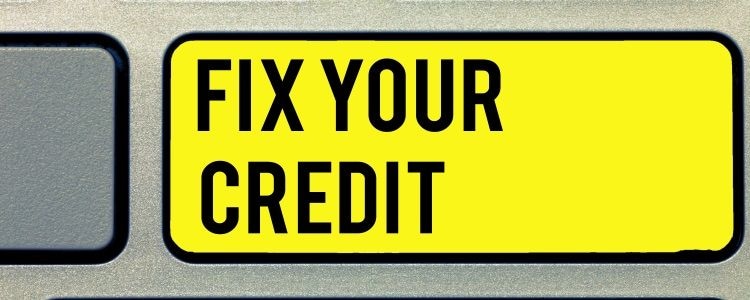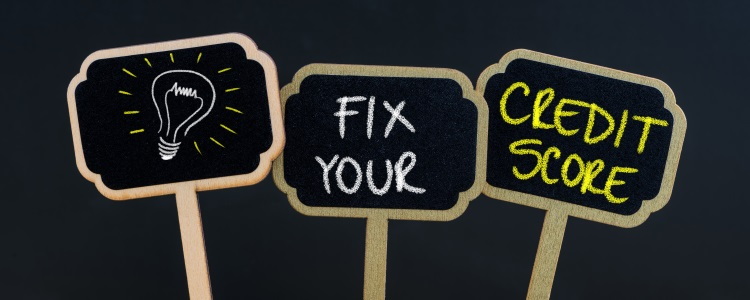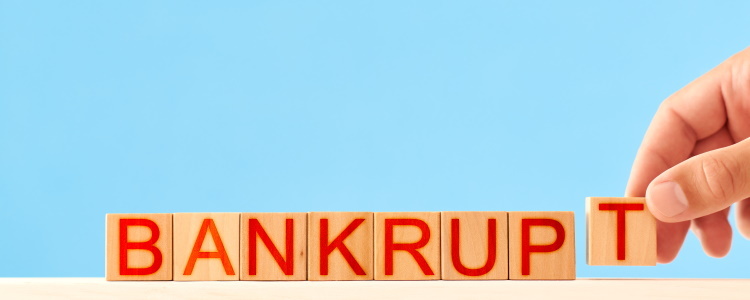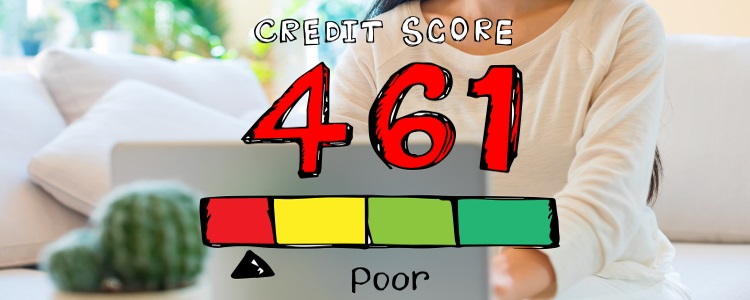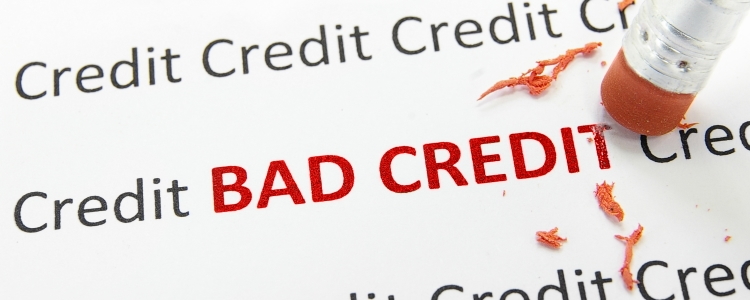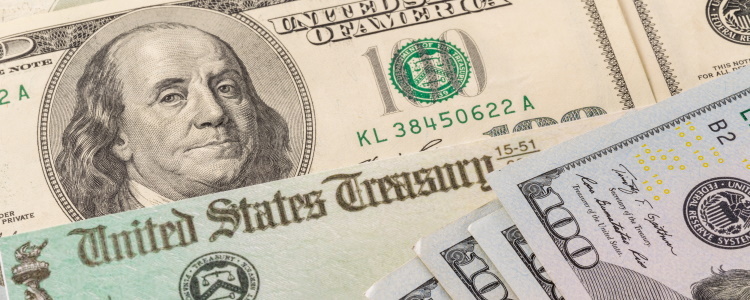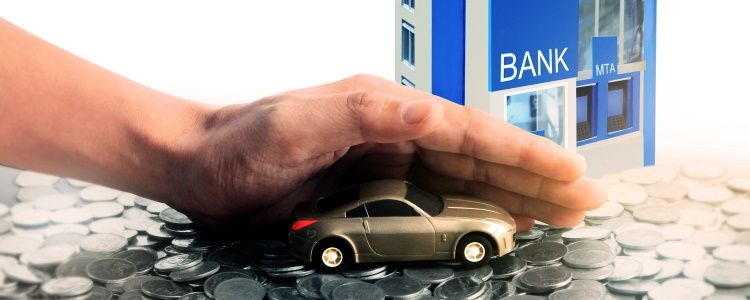If you make a concerted effort to repair your credit, you could begin seeing some small improvements in as little as 30 days. It can take more time to see the fruits of your labor for major credit change, though. Even though it can take time to see the improvement, it only requires a few simple changes to get the process of credit repair started.
Getting Started with Credit Repair
 Repairing credit that's already been damaged is a process that takes time. How much time it takes depends on how damaged your credit is, and how long it's been that way. But no matter how damaged your credit is, the smallest steps in the right direction can impact your credit score for the better.
Repairing credit that's already been damaged is a process that takes time. How much time it takes depends on how damaged your credit is, and how long it's been that way. But no matter how damaged your credit is, the smallest steps in the right direction can impact your credit score for the better.
One way to start the process of credit repair is to catch up on any bills that are past due. You also have to begin paying all of your bills on time. These seemingly simple tasks can impact your credit in a big way because 35 percent of your credit score is determined by your payment history. Each bill you pay 30 or more days late drags down your credit score.
As you begin to pay all your bills on time, you should notice some small improvements in your score that add up over time. Another factor that heavily impacts your credit score is your amount of debt. Using only 30 percent of your credit card limits or less keeps your credit utilization low and improves your chance of approval from lenders when you need new credit.
Decreasing the amount of debt you're carrying is a simple way to repair your credit score. One way to do this is to only use credit cards to pay for things you can afford in cash. This way, you can set the cash aside to pay your credit card bill in full each month. If you max out a credit card and only make the minimum payment, rather than the entire balance, your credit utilization ratio is likely to be too high to keep your credit in good shape.
Repairing Your Credit Reports
Another piece of the credit repair puzzle is making sure that the information listed in your credit reports is accurate. Because the information in your credit reports determines your credit score, having errors corrected can bring your credit score up.
For instance, past due payments and collection accounts stay on your credit reports for seven years. If it's been 10 years since an account went into collection status and it's still showing on your credit reports, you can write a letter of appeal to the creditor and ask for the debt to be removed from all three of your credit reports. You credit reports are compiled by TransUnion, Experian, and Equifax, the three main credit bureaus.
Each debt that's removed from your credit reports can raise your score as much as 20 points. You must be careful, however, not to acknowledge the debt when and if a creditor calls. Acknowledging the debt, as well as having it sold to another collection agency, can restart the clock on the debt, giving it another seven years to linger on your credit reports.
Credit Repair vs. Building Credit
It takes more time to repair credit than to build it. If you don’t have much credit history and want to build one, there are a few simple ways you can do this: by adding new credit or by adding credit diversity.
You can add diversity to your credit profile by adding a credit card or installment loan. Having a good credit mix is essential to maintaining healthy credit. Keeping both revolving credit, like credit cards, and installment credit, like car loans and mortgages, on your credit keeps your credit mix balanced. This adds to both your credit mix and to new credit, with each making up 10 percent of your credit score.
Additionally, you should know that the length of credit accounts for 15 percent of your credit score. Opening a credit card, or taking out a loan that you can maintain for a long time, helps to build your credit. If you continually open lines of credit which aren't maintained properly, or close your oldest accounts in an attempt to improve your credit, it's likely to have the opposite effect.
Building or Repairing Your Credit with an Auto Loan
Another way you can repair or even build your credit is with an auto loan. By getting a car loan, you're adding new and diverse credit to your credit accounts, and each on time payment adds to your payment history.
If this sounds like something you need to do, but you're afraid bad credit is standing in your way, fear not. At Drivers Lane, we specialize in helping people with bad credit, no credit, and even bankruptcy get connected to special finance dealerships. These dealers have the lenders available to help people in many credit situations.
Don't hesitate to get started today if you need to begin repairing your credit. The process is easy, free, and doesn't put you under any obligation. Just fill out our auto loan request form, and we'll get to work matching you to a dealership in your area.
